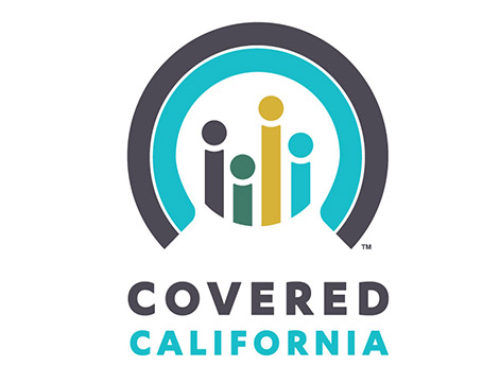If you think your zip code can sabotage your auto insurance rates, you should see what happens if you let your credit slip.
Drivers with poor credit pay twice as much — 91 percent more on average — than those with excellent credit scores, according to InsuranceQuotes.com. Those with average credit pay 24 percent more.
Of course, credit is just one of dozens of factors that determine your auto insurance rates. Where you live, the car you drive, your driving record, age and gender all affect your rates too. But when you hold those other factors constant, a bad credit score delivers a wallop in most states, according to research commissioned by InsuranceQuotes.com. (Three states — Hawaii, California and Massachusetts — bar insurers from considering credit scores in setting auto insurance premiums.)
InsuranceQuotes.com commissioned Quadrant Information Systems to examine the effect of credit scores on average rates using data from six large carriers in all 50 states. Since three states don’t use credit as a factor, those states actually pull down the average rate hike you’d suffer by having bad credit. When those states are excluded the average cost of a bad credit score is 116 percent, according to a spokesman for InsuranceQuotes.com.
Why would your credit score have such a huge impact on your auto insurance rates? That’s not entirely clear. Perhaps people who have bad credit are so worried about money that they drive erratically — or maybe they’re unable to handle the smaller claims that another driver might pay out of pocket. Or, there’s a chance that if you’re meticulous about your credit, you’re also meticulous about your car, making certain to keep it secured in a locked garage, where it’s less vulnerable to break-ins. All insurance companies know for sure is that bad credit statistically leads to a higher incidence of claims. More claims lead to higher rates.
On the bright side, credit is relatively easy to manage. And, even though insurers use a slightly different credit score than banks, the factors that give you a good score versus a bad one are nearly identical. Boosting your credit score can not only get you lower insurance rates, it can cut your borrowing costs and put you in a better position to get a new job. (Many employers consider your credit history when offering work, too.)
“Considering all of the factors that go into car insurance rates, credit is actually one of the easiest to control,” says Laura Adams, senior insurance analyst at InsuranceQuotes.com.
What should you do?
Pay on time: Pretty obvious, right? But paying your bills on time every time has the biggest impact on your credit score, accounting for about 35 percent of the final number, according to FICO, the nation’s biggest credit scoring company.
Age: It may seem completely unfair to a youngster, who also suffers with higher insurance rates because they have less driving history, but the longer you manage your credit responsibly, the better your credit score. Young people might try to become “authorized users” on their parent’s credit card accounts. That gives you a longer credit history than you can develop on your own. And, to be fair, if your parents are responsible about their credit, you’re likely to be too. The length of your credit history accounts for about 15 percent of your score.
Borrow sparingly: A big piece of a credit score — about 30 percent — measures how much credit you use compared to how much credit you have available on revolving credit lines, such as credit cards. So, if you have 10 credit cards, which all boast $1,000 limits, you have a total of $10,000 in available credit. If you borrow the maximum on all of those cards, your usage is 100 percent — and your credit score is toast. Try to use 10 percent or less of the credit you have available.
Manage your accounts: The other 20 percent of your score measures how many different types of credit — credit cards, auto loans, student debt, mortgages — you have. (The more types of credit you’ve managed well, the better.) And how much new credit you’ve applied for. If you’re always in the market for loans, it will hurt your score. Add accounts when you need them, but be sparing about your new credit requests.
Check your report: Sometimes a bad score is not your fault. An identity thief could have hijacked your information and applied for credit in your name. Make sure your credit report only reports information about you by getting a free copy of your credit report at least once a year at annualcreditreport.com.







